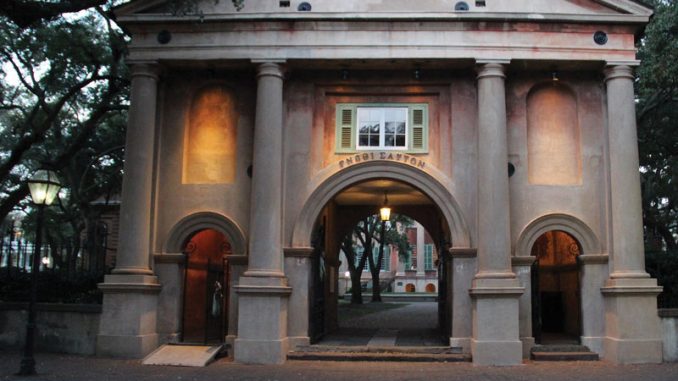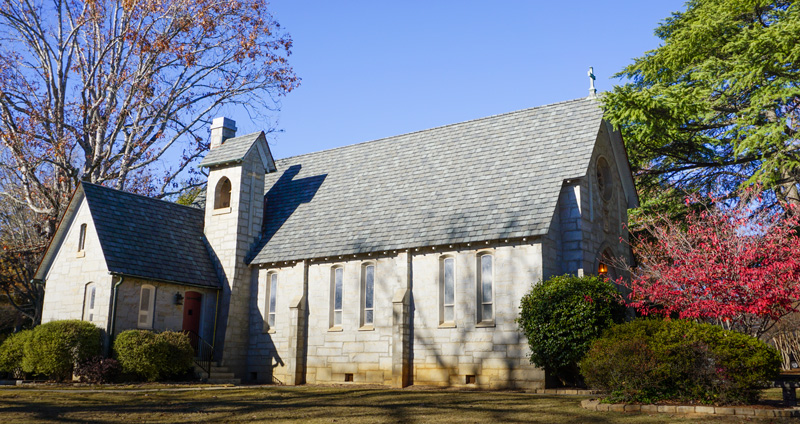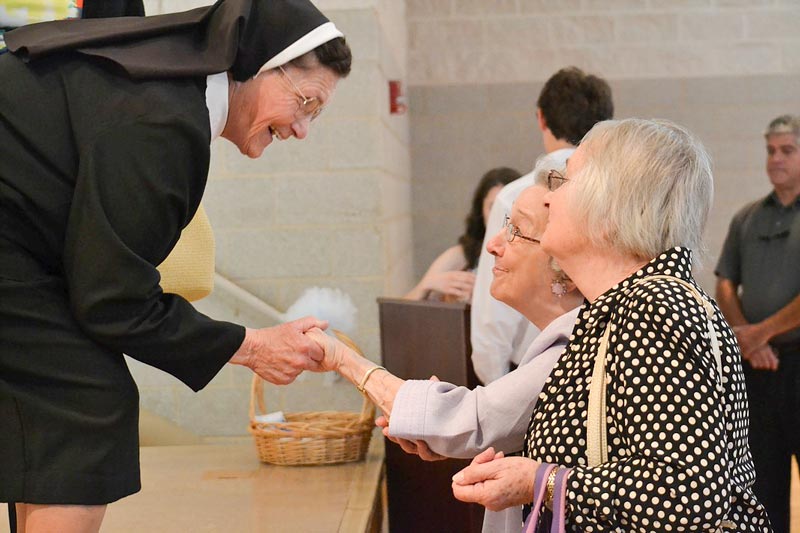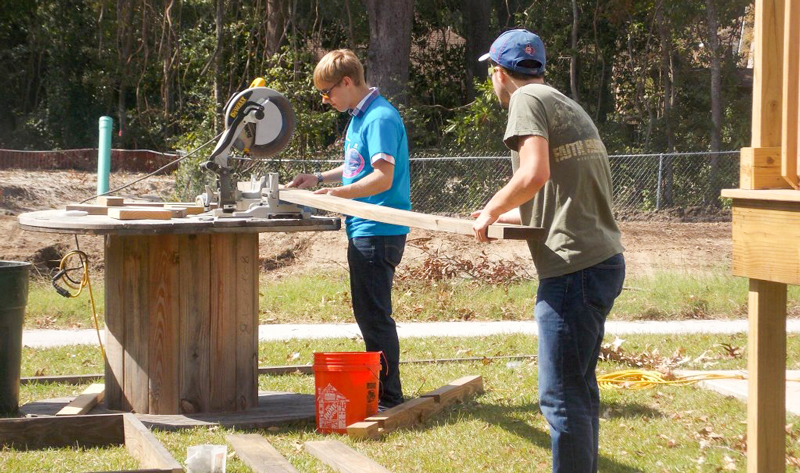
Jessica Den Haese was looking forward to her new role as a student leader in campus ministry at Clemson University this fall, especially because her position as service coordinator would allow her to combine her faith with love of volunteer work.
Then the COVID-19 pandemic hit, and Den Haese realized all of her plans would have to change drastically.
Like everything else in daily life, campus ministry programs at colleges and universities are experiencing upheaval because of the coronavirus. Social-distancing rules and crowd limits are forcing chaplains and campus ministry leaders to find new ways to help students stay strong in their faith.
Interviews with campus ministers from around the state indicate that the biggest priorities right now are sanitizing chapels and meeting areas, making sure students wear masks and practice social distancing, and finding ways that students can worship, pray and socialize safely.
In Den Haese’s case, she is scrambling to come up with service projects for Catholic students to work on once they return to campus full-time in September. Many charities and service organizations aren’t accepting new volunteers right now, she said, and others have pared-down schedules and strict new regulations. She currently is looking into ways students might be able to help with a Meals on Wheels program in Clemson.
“Chances for hands-on service work are really, really limited, and it stinks because part of campus ministry is being part of the community,” Den Haese said. “A lot of college students need that extra push from campus ministry to get involved in helping out in their new community because it can be hard to get involved on your own.”
At the College of Charleston, students will continue a Sunday tradition of attending Mass together at St. Patrick Church, said campus minister Caroline Corcoran. Volunteers will make sure the church is sanitized before and after Mass, and instead of a weekly dinner together afterward, students will receive a catered, pre-packaged meal.
The College’s Catholic Student Association is also holding a week-night prayer gathering outdoors and hopes to resume Bible study soon, according to Darby Molony, the group’s president.
Many campus ministries are making heavy use of the Zoom virtual meeting program. Corcoran said several of the Charleston students held a “service-project party” on Zoom to learn how to make cards for health care workers and patients isolated with COVID-19.
At Clemson, instead of their traditional Tuesday night dinners, students will meet up on Zoom for a virtual dinner and discussion time, according to Franciscan Father Dan McLellan, pastor of St. Andrew Church in Clemson and chaplain for Clemson.
At Coastal Carolina University in Conway, student organizations are prohibited from meeting in person, so this prevents Father David Nerbun, campus chaplain, from celebrating Mass for students on campus. Instead, volunteers will set up carpools to drive students to celebrate Sunday Mass with the newly formed Catholic Community at Carolina Forest, which meets at St. Elizabeth Ann Seton School.
At the University of South Carolina in Columbia, Father Rhett Williams, administrator at St. Thomas More Church on campus, has been working with the school’s team of missionaries from the Fellowship of Catholic University Students to figure out ways to maintain a balance between effective ministry and COVID-19 safety requirements. He said one of the biggest challenges is providing students safe access to the Catholic Student Center on Greene Street, which offers space for prayer and small-group discussion as well as private study rooms. All students are required to wear masks inside the center, hand sanitizer is provided, and the building is sanitized frequently.
Father Williams said the effort is important because Catholic students at USC are eager to meet in person as much as possible. A recent late Mass held at 9 p.m. on Aug. 17 drew more than 30 students.
“The message I’m getting from the young adults here is that they are exhausted with Zoom and other virtual meetings,” Father Williams said. “They want to be back together, they want to be able to attend Mass, so we’re taking all the precautions we can to make that possible.”



